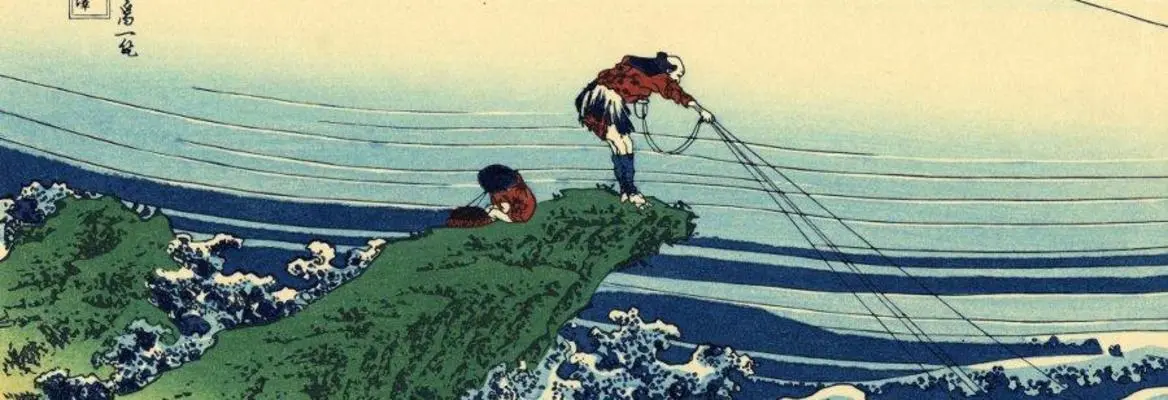What is the point of philosophy? One significant role that philosophy can play is to prompt us to take a step back from our everyday assumptions to a broader perspective in which alternative possibilities can come into view. One can then first wonder about why our assumptions are the way they are.
Take the Atlantic Ocean – how is it the individual object that it is? How is it that this particular expanse of water is distinguished from others spatially contiguous to it and given the status of an entity, a thing, an object? What about all the infinite number of regions of water that the Atlantic Ocean could be carved up into? Why aren’t they themselves oceans, seas, things?
Whatever answer one gives to these questions, the questions themselves invite one to reflect that the objecthood of the Atlantic Ocean is a result, a product, a consequence, of some “individuating operation” and thus that it is not a brute, ultimate fact that the Atlantic Ocean is an individual thing. Such “individuating operations” are probably well construed with reference to human needs, desires, aims, goals, etc.
___
"Philosophy calls into question whether the descriptions of even the most rigorous 'theory of everything' get a grip on a reality."
___
But the object of the Atlantic Ocean is not unique in this dependency on human representation, on a human “ontological scheme”. The same considerations apply in principle to all other individuated entities, including so-called “fundamental particles”, laws, constellations, stars, black holes, events, forces, etc. They call into question whether the descriptions of even the most rigorous “theory of everything” get a grip on a reality that is beyond the individuation operations, on a reality that is not yet subject to an ontological scheme.
The individuation of entities first enables the measurement, mapping, calculation, explanation, prediction, etc., that result in scientific theories. So when one asks whether a theory of everything is possible, one must remember that things themselves are the results of prior operations that the scientific method is unable to access precisely because it presupposes them. So in the sense of a theory that explains and accurately predicts the behaviour of a stable taxonomy of entities, a theory of every thing might be possible in principle; but a theory of every thing is not yet a theory of everything.
But philosophers have not usually been so sceptical. For example, in Plato’s Phaedrus, Socrates encourages his interlocutor to distinguish and classify entities according to nature’s “joints”, as if there were wholly natural – i.e., without reference to human representation – divisions and individuations of objects that the philosopher could accurately map out. But this metaphor begs all our questions again: what individuates the joints in the first place? Why should these purported joints bear in any case upon the individuation of other entities? And what does the metaphor of “joints” reveal about the operations we employ to individuate?















Join the conversation